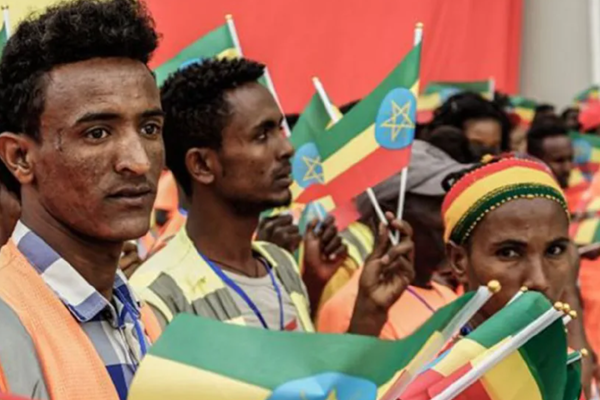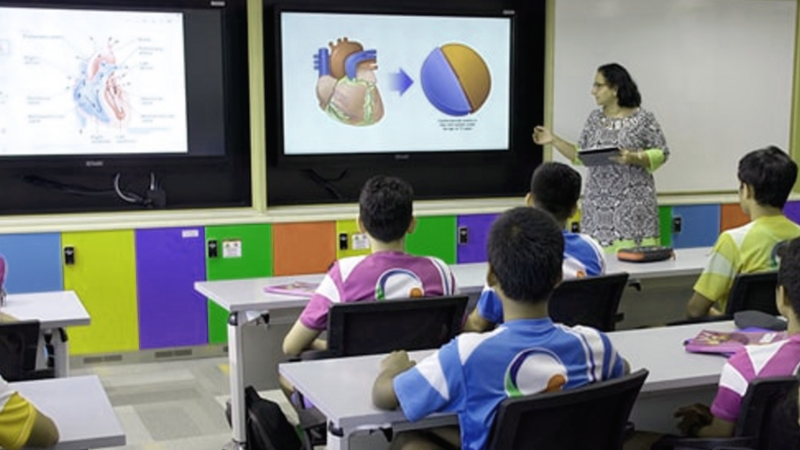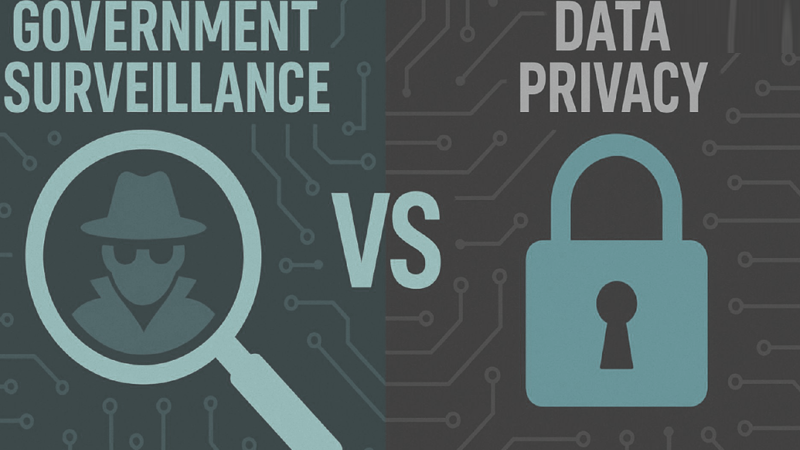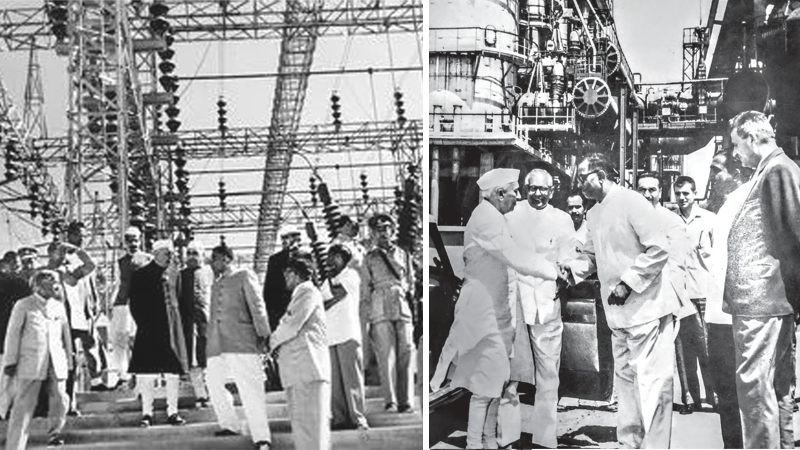Counting Castes, Counting Controversies: Supreme Court, the Census and the OBC Question
Editorial
Faith, Discipline, and the Uniform – A Test Beyond the Horizon
The Supreme Court’s decision to hear the plea of Lieutenant Samuel Kamalesan touches the deepest fault line between individual conscience and institutional discipline. The Army, by its nature, demands unquestioning obedience — a value central to cohesion and survival in combat. Yet, India’s Constitution, by its spirit, protects the sanctity of faith and conscience.
Lieutenant Kamalesan’s refusal to perform rituals alien to his religion was not rebellion but reverence — both for his belief and for the faith of his troops. His stance raises a vital question: Can respect for diversity coexist with military discipline?
As India’s Armed Forces evolve within a plural democracy, the idea of Sarva Dharma Sthal — a space embracing all faiths — may offer the bridge between devotion and duty. The Supreme Court’s judgment will thus go beyond one officer’s fate. It will define how far personal faith can breathe within the rigid order of service — and whether unity in uniform can rest not on sameness of worship, but on shared allegiance to the nation.
This case, therefore, reaches beyond the horizon of law — into the moral essence of India’s secular promise.
Toxic Medicine, Failing Systems
The recent deaths of children in Madhya Pradesh and Chhattisgarh, allegedly linked to contaminated cough syrup, have once again exposed the cracks in India’s pharmaceutical oversight. That diethylene glycol (DEG) — a toxic industrial solvent — could find its way into children’s medicine is not merely a regulatory lapse; it is a moral failure.
India prides itself on being the “pharmacy of the world,” yet recurring tragedies — from Gambia and Uzbekistan to our own states — reveal a troubling complacency in quality control. The Union Health Ministry’s swift advisories and testing drives are welcome, but they come only after lives are lost. Preventive vigilance, not reactive action, should be the hallmark of a responsible health system.
This crisis raises deeper questions: how rigorously are small and medium drug manufacturers monitored? Are rural hospitals and pharmacies equipped to detect and report anomalies? And why do we still lack a transparent, nationwide drug recall mechanism?
The syrup deaths are a grim reminder that economic growth without ethical governance endangers lives. Public health cannot be outsourced to profit-driven manufacturers. Until India enforces uncompromising accountability in drug production and distribution, its promise of affordable medicine will remain shadowed by avoidable tragedy.


 SAS Kirmani
SAS Kirmani















